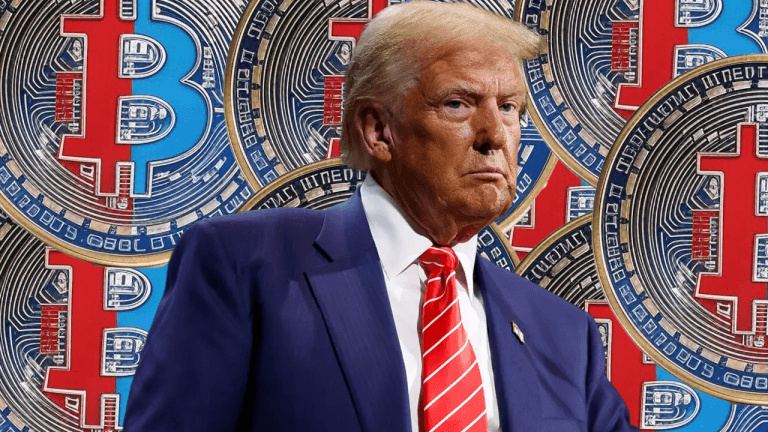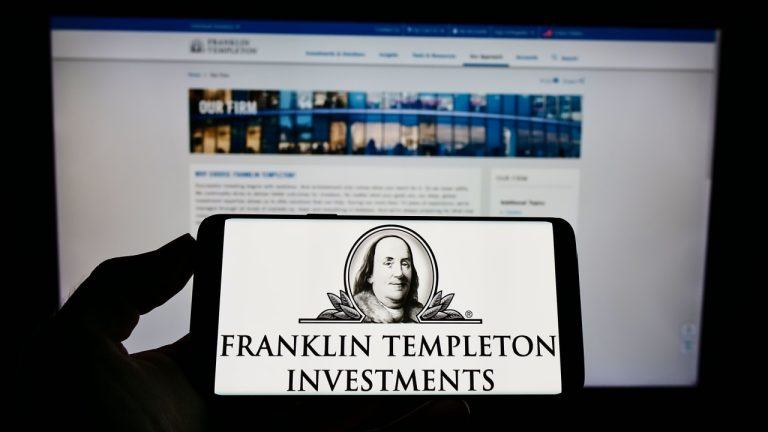
Mark Scott, a lawyer entangled in the infamous Onecoin cryptocurrency fraud, was sentenced to 10 years in prison by the U.S. District Court. The sentencing comes after a 2019 conviction.
Onecoin Lawyer Mark Scott Receives Decade-Long Prison Sentence
Mark Scott, a lawyer associated with the infamous crypto firm, was sentenced to a decade in prison. Scott faced charges of bank fraud and money laundering in connection to the Onecoin scheme. This sentencing, handed down by U.S. District Judge Edgardo Ramos on Jan. 25, follows his November 2019 conviction on two felony counts.
According to Inner City Press, which reported live from the courtroom, the sentencing revealed details of Scott’s attempts to manage his assets following the conviction. Notably, he sold a Porsche for $ 250,000 and transferred $ 300,000 to an account in the Cayman Islands. These actions were brought up by the Assistant U.S. attorney as efforts to protect assets from forfeiture, which were meant to compensate Onecoin victims.
The prosecution pushed for a minimum 17-year sentence, due to Scott’s conscious involvement in laundering millions for Onecoin. Scott’s defense argued for leniency, citing his lack of prior knowledge about Onecoin’s fraudulent nature and presenting a plea for a five-year sentence, comparable to the sentencing of other defendants in the case, like Irina Dilkinska.
Judge Ramos, acknowledging the gravity of the offense and its impact on Onecoin victims, imposed a 10-year sentence, a compromise between the prosecution’s and defense’s recommendations. Before the sentencing, Scott expressed sympathy for the victims of Onecoin’s scheme, a sentiment noted by the court but insufficient to significantly mitigate his sentence.
The Onecoin saga continues to unravel, with significant figures like Onecoin co-founder Ruja Ignatova, often referred to as the “Cryptoqueen” still at large and others, including Sebastian Greenwood, already sentenced for their roles in the fraudulent operation.
Onecoin, founded in 2014 by Ignatova, was promoted as a cryptocurrency token but lacked a genuine blockchain, functioning instead as a multi-level marketing scheme. It lured investors with the promise of substantial returns, only to pay older investors with funds from new ones, a classic hallmark of a Ponzi scheme.
Do you agree with the sentencing by the U.S. District Judge? Share your thoughts and opinions about this subject in the comments section below.
Bitcoin News








Leave a Reply
You must be logged in to post a comment.